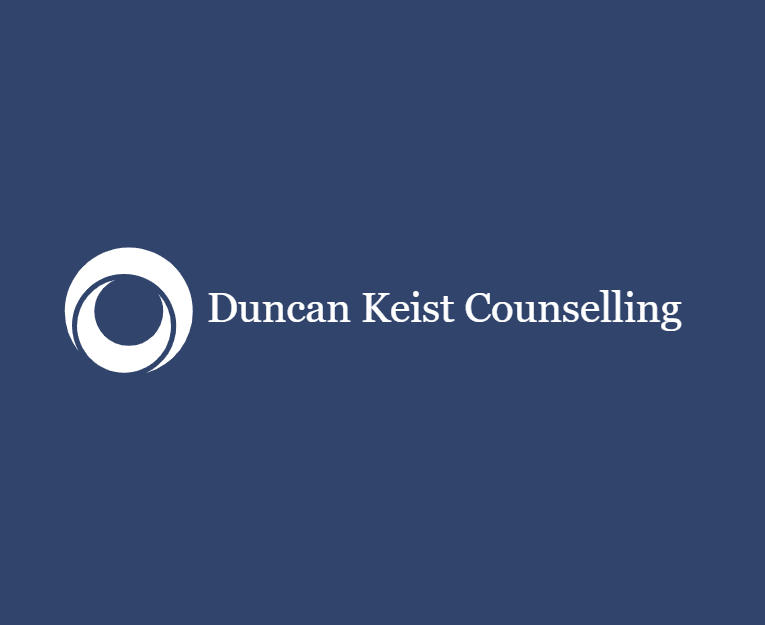What Is Counselling?
Counselling is a process in which you can learn more about yourself, your loved ones, and the world. It can also be a way to find solutions, healing, and to take preventative steps to avoid pitfalls. Counselling, especially the relationship that you have with your counsellor, is designed to be respectful, collaborative, and client-centered.
The Consultation
Your first session is what is known as a consultation. It is an opportunity for you to meet your potential counsellor to see if they will be a good fit for you. It is also a time for you to communicate what your symptoms are or what is troubling you. The counsellor may ask you questions in terms of the frequency, intensity, and/or duration of those concerns. They also may ask about your history, education, career or job experience, relationships, and/or living situation to get a better sense of the context and factors contributing to you seeking help. The counsellor may outline the structure of each subsequent session, costs and fees associated with the service, cancellation or rebooking policies, ethical considerations, and risks and benefits regarding your participation in counselling. Lastly, you may have the chance to ask your counsellor questions: including their knowledge and experience as it relates to your concerns, when to start counselling, how often you should meet with them, and any necessary preparation beforehand or homework to complete in-between sessions.
In Session
Counsellors may use a variety of interventions and strategies known as "orientations" or "modalities." These are evidenced-based treatments and approaches that identifies cues or causes of your concerns, allows you to process them, and assists you in constructing new ways for you to cope if or when they should arise again. Those treatments can be very different from each other but can be used in the same session. For example, your counsellor may ask you to consider the relationship between your thoughts, emotions, and behaviours (which is based on Cognitive-Behaviour Therapy or CBT) and consider the "here and now" - your immediate lived experience in the room with your therapist (which is based on Gestalt therapy).
Regardless of the treatment implemented, you have the right to ask your therapist about its relevance, effectiveness, and goals. You also have the right to stop or pause therapy at any time, avoid discussing topics that are too sensitive or jarring, or end treatments that you may find to be unhelpful or unwanted.
To make the most out of your counselling, you can ask yourself the following questions:
1. Do I sense that the counsellor is competent and caring?
2. Do I feel comfortable working with them?
3. Do they challenge me in ways that are meaningful?
4. Am I experiencing progress in meeting my therapy goals?

